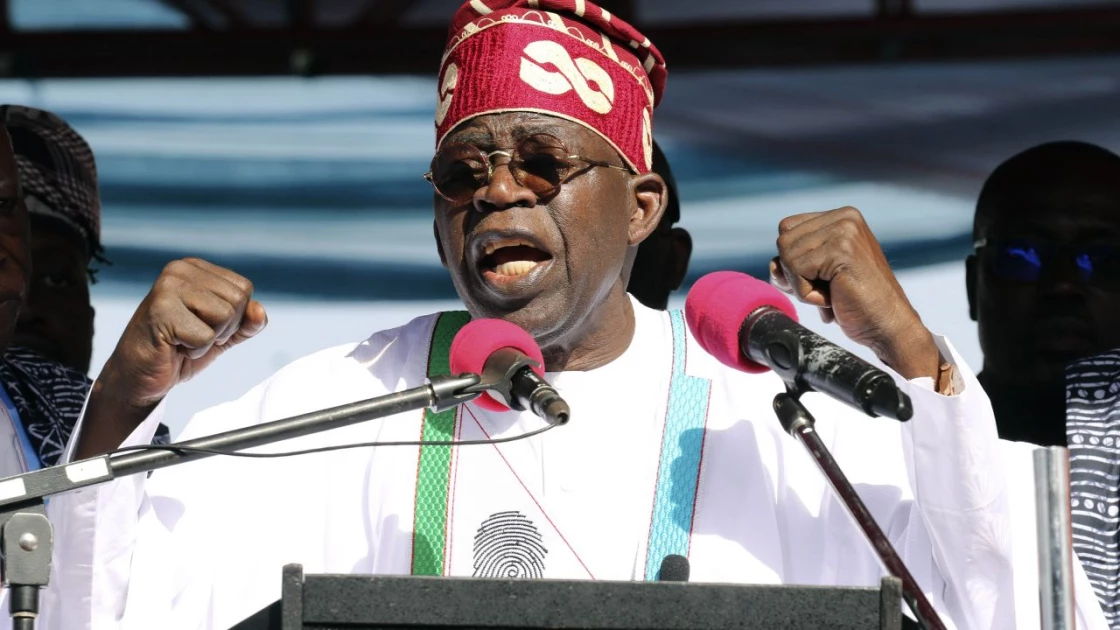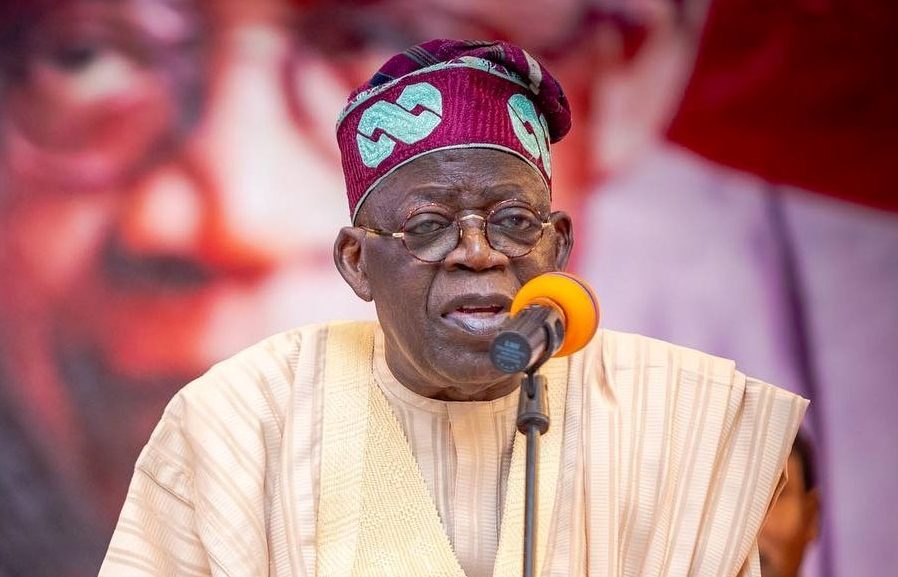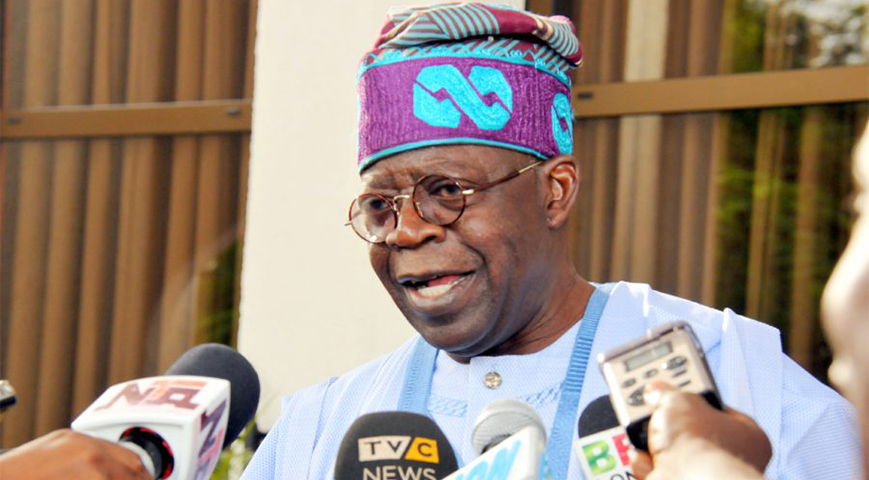To finance infrastructure, health, education, and security, Nigerian President Bola Tinubu requested on Wednesday that the Senate approve approximately $8 billion in new debt as part of a plan for external borrowing for 2022–2024.
Nigeria, the largest economy in Africa and the world's largest oil producer, has been depending more and more on debt due to declining tax revenues and oil exports, which are its primary source of foreign exchange.
Tinubu asked for $7.86 billion and 100 million euros ($105.40 million) in a letter to the Senate, but he did not specify where the funding would come from.
Nigeria has raised capital on global credit markets, such as through Eurobonds, and obtained loans for budget support from lenders such as the World Bank and the African Development Bank.

Did you read this?
"In view of the present economic realities facing the country, it has become imperative to use the external borrowing to bridge the financing gap which will be applied to key infrastructure projects including power, railway, health among others," said Tinubu.
To generate jobs and develop infrastructure, the government has stated that it would prefer to promote investments rather than rely on borrowing.
2.176 trillion naira ($2.8 billion) in supplemental funding is being considered by the Senate and House of Assembly to pay for "urgent issues" like defense and security.

About a third of the 26.01 trillion naira ($34 billion) allocated for the budget of the upcoming year was approved by the Nigerian cabinet two weeks ago.
Nigeria has about forty percent external debt.
$1 equals 0.9488 euros.









